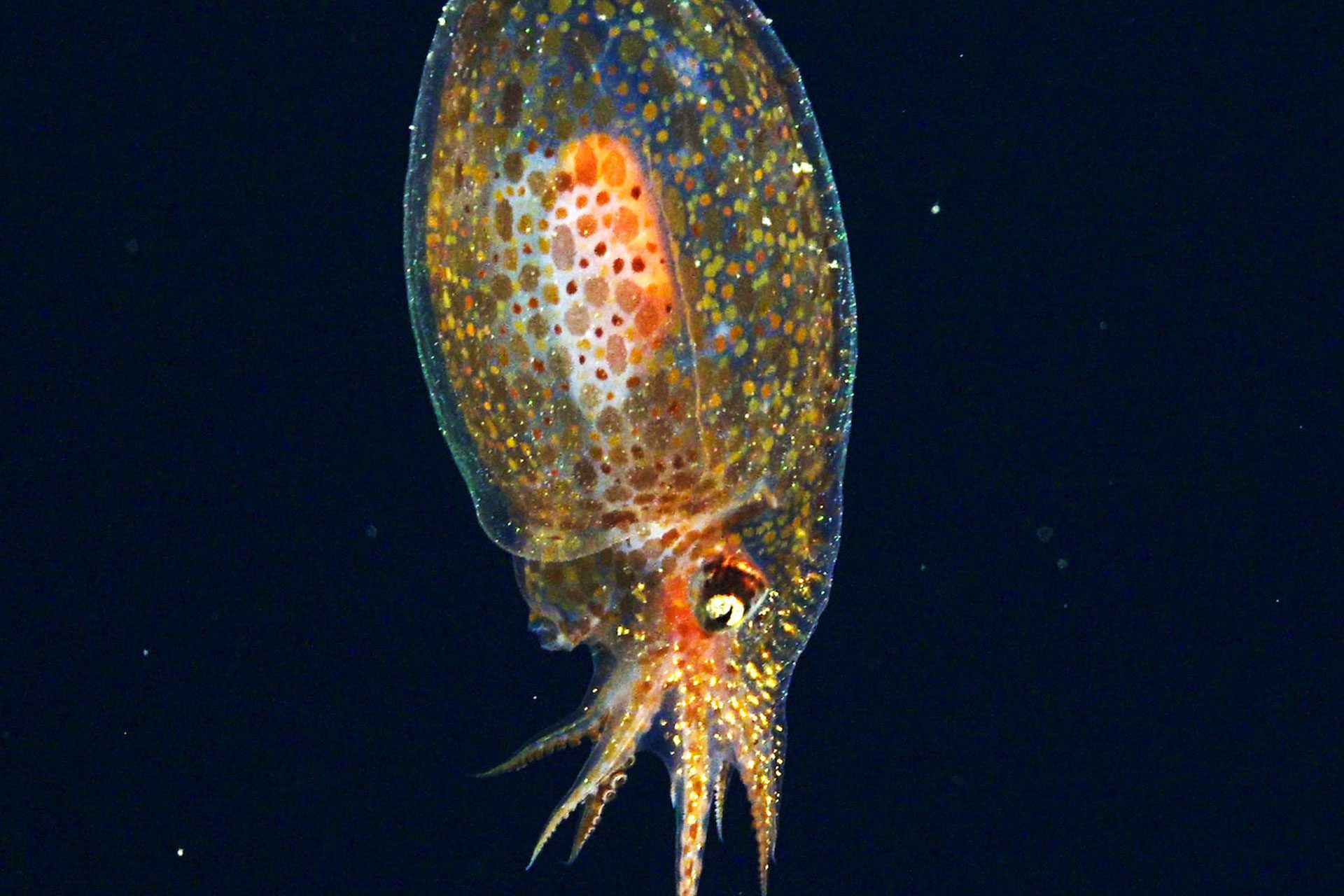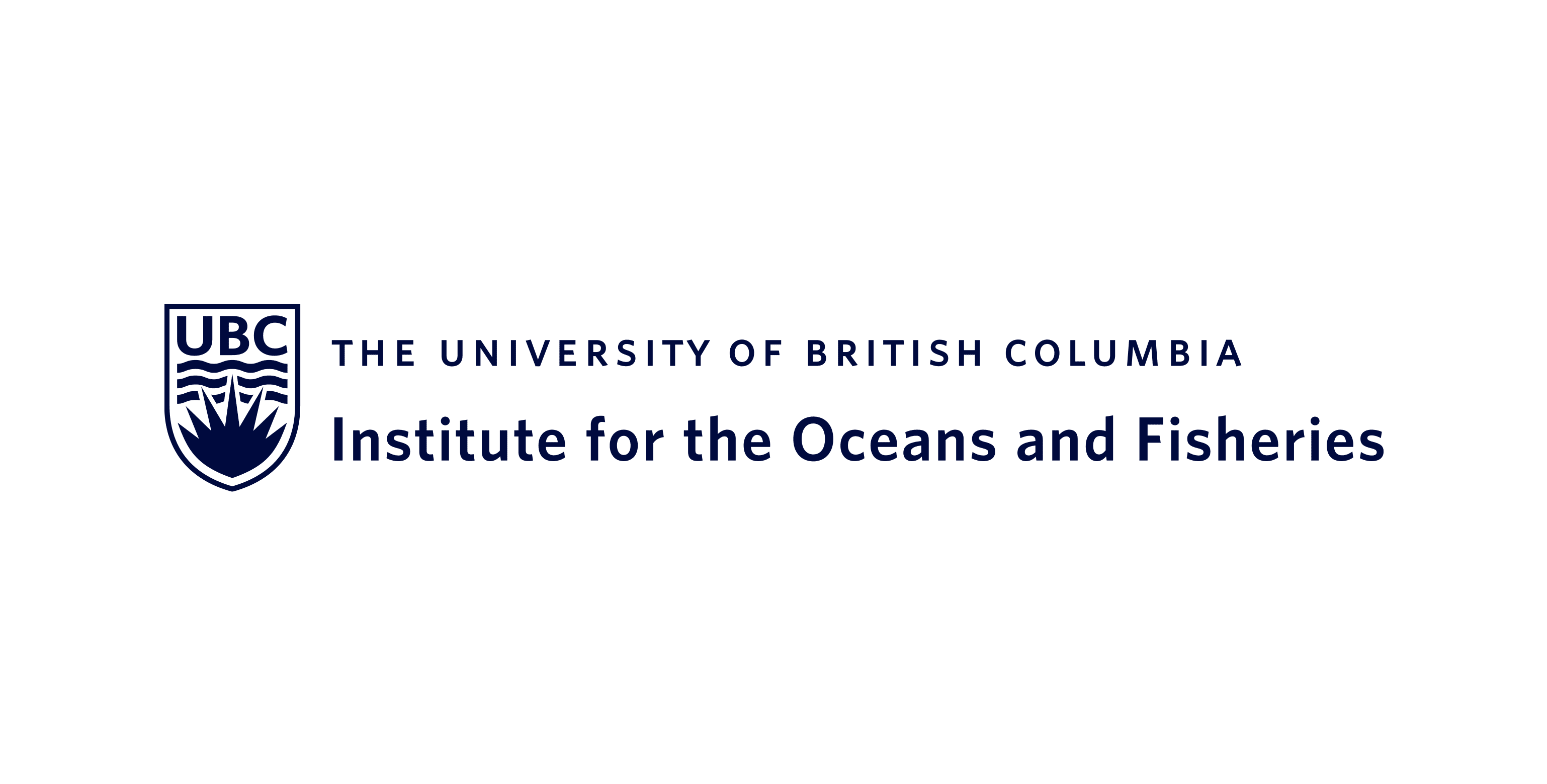Since 2023 and in collaboration with leading researchers from University of British Columbia, we support a greater understanding of the full economic picture of deep-sea mining. The work examines costs, benefits, risks, and externalities to generate robust, data-driven insights for policy makers. The research team, led by Professor Rashid Sumaila, has conducted a comprehensive literature review to gather data on deep-sea mining social, environmental and economic risks, potential, and benefit distribution. This research has been followed with in-depth case studies for key stakeholders and states to assess the full economic picture of deep-sea mining. The research team’s findings will be synthesized and shared to provide robust, data-driven insights for sustainable and informed policymaking.


